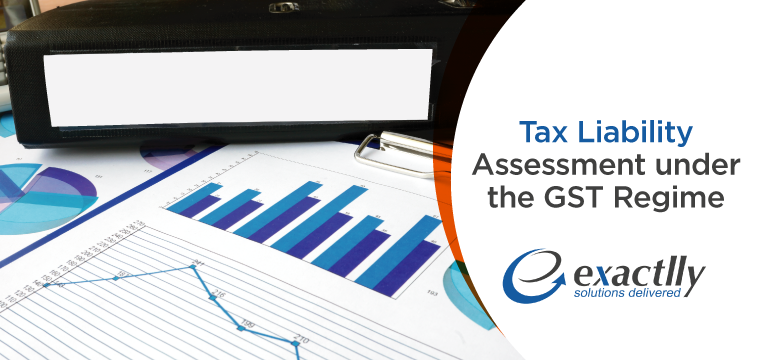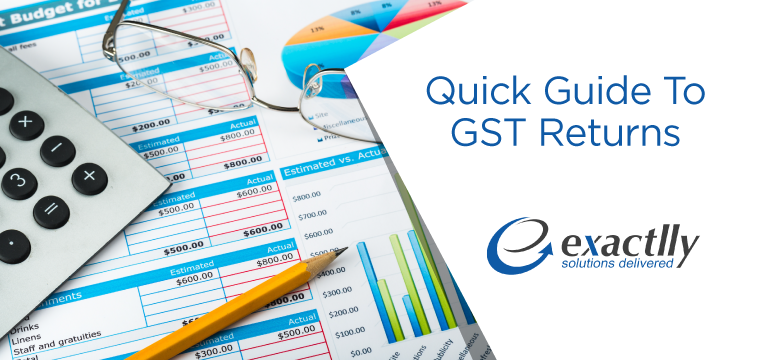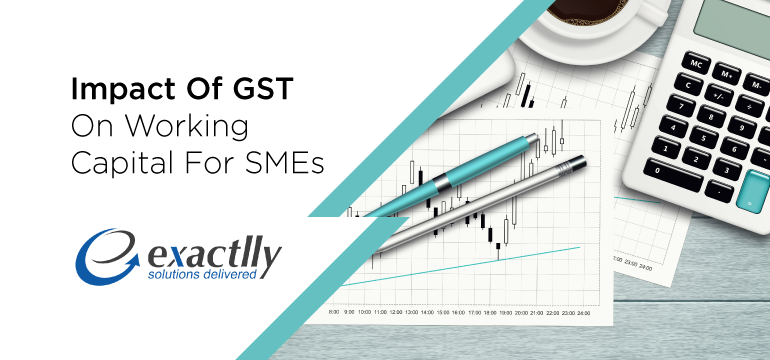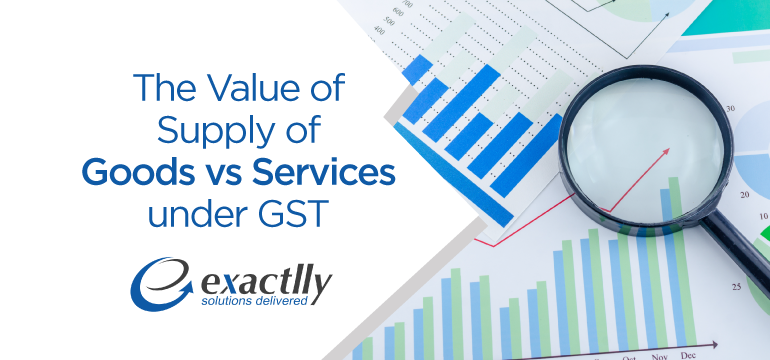Everything you Need to Know About GST Practitioner
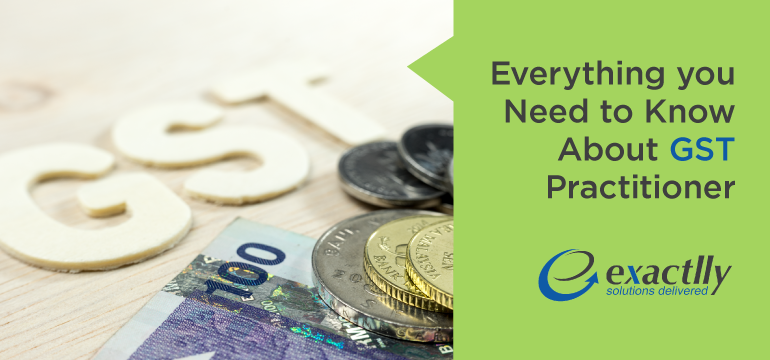
Accounting and tax professionals have the authority to file returns on behalf of taxable persons under the indirect tax regime of the country. Under the erstwhile regime, chartered accountants, sales tax practitioners, and advocates undertake this job. Under the GST regime, the draft model states that a GST practitioner shall step into the role of formalizing the association shared between a taxpayer and the person preparing his returns, in turn making the process simple, convenient, and transparent.
What is the role of a GST Practitioner?
A GST practitioner is a person approved by the central or the state government who performs primarily activities such as filing a fresh application for registration, filing an application for amending or cancelling the registration, furnishing details pertaining to inward and outward supply of goods and services; furnishing GST returns on a quarterly, monthly, bi-annually and annually on behalf of a taxable person. Additionally, the GST practitioner also performs the following activities –
- Making tax, interest, penalty, late fee, etc. payments for credit into the respective ledgers such as the electronic cash ledger;
- Filing claims for a refund;
- Representing a taxpayer under the IT laws in the course of a proceeding (except during inspection, search, seizure, or arrest);
- Filing an appeal to the First Appeal Authority;
- Filing an appeal to the Appellate Tribunal (this can be done by a CA/CS/ICWA/Advocate)
Eligibility Criteria for becoming a GST Practitioner:
A person is eligible to become a GST practitioner under the GST regime if he or she satisfies the following conditions
- Citizen of India;
- Mentally solvent / of sound mind;
- Not declared as an insolvent; and
- Not been convicted of an offence with imprisonment for a period exceeding two years.
Additionally, a person must also fit the following educational qualifications and work experience as follows –
A retired officer of the Commercial Tax Department of any State Government / Central Board of Excise and Customs considering he has worked for a period of not less than 2 years in a post not lower in rank than of a Group-B gazetted officer, or has passed a graduate or postgraduate degree or its equivalent examination –
- With a degree in Commerce, Law, Banking including Higher Auditing, or Business Administration or Business Management from a University recognized and affiliated in India; or
- Having a degree examination of a university situated abroad but recognized by an Indian university equivalent to the degree examination mentioned above; or
- Has passed any other examination as notified by the Indian government; or
- Has passed any degree examination of an Indian or of a foreign university recognized by an Indian university as well as has passed any of the examinations being the final examination of the Institute of Chartered Accountants of India / final examination of the Institute of Cost Accountants of India / final examination of the Institute of Company Secretaries of India.
A GST Practitioner must keep in mind the following forms that he is required to file –
|
Form |
Description |
|
Form GST PCT-1 |
Form pertaining to application for enrolling as a GST practitioner |
|
Form GST PCT-2 |
A form issued by an authorizing officer, certifying enrollment of a person as a GST practitioner |
|
Form GST PCT-3 |
Form for the purpose of seeking additional information as required for the application for enrollment/form by way of which a show-cause notice is issued to the GST practitioner for misconduct |
|
Form GST PCT-4 |
Form conveying order of rejection of the application for enrollment/form stating the disqualification of a GST practitioner on account of being found guilty of misconduct |
|
Form GST PCT -5 |
Form providing the list of all enrolled GST practitioners as maintained on the GST portal |
|
Form GST PCT-6 |
A form authorizing a GST practitioner by a taxable person on the GST portal |
|
Form GST PCT-7 |
A form stating the withdrawal of authorization of a GST practitioner by a taxable person as on the GST portal |
The process of filing returns by a GST practitioner can only be initiated if the GST practitioner has been authorized to do so by the taxable person. The details of such authorization are maintained on the common GST portal. Once a GST practitioner has been authorized to conduct activities on behalf of a taxable person, he may prepare statements, furnish information, and then get the same verified and confirmed by the taxable person. This is done in the following manner –
- Form GST PCT-5 – displaying the list of eligible enrolled GST practitioners as on the GST portal
- Form GST PCT-6 – a taxable person may authorize a GST practitioner from the list available on the GST portal for preparing statements
- GST practitioners are required to prepare statements once authorized; they must affix the digital signature of the taxable person on the same once the statements have been confirmed and verified – the taxable person receives a confirmatory text message/email which he must confirm
- It is the responsibility of the taxable person to ensure that all the information furnished is correct and accurate to the best of his knowledge – in case of absence of confirmation by the taxable person, it will be considered as confirmed.
- In case the taxable person wishes to withdraw consent and authorization given to the GST practitioner, he may do so by way of Form GST PCT-7.
Wants to know more about exactlly? Feel free to Contact Us and get a Free Demo.





